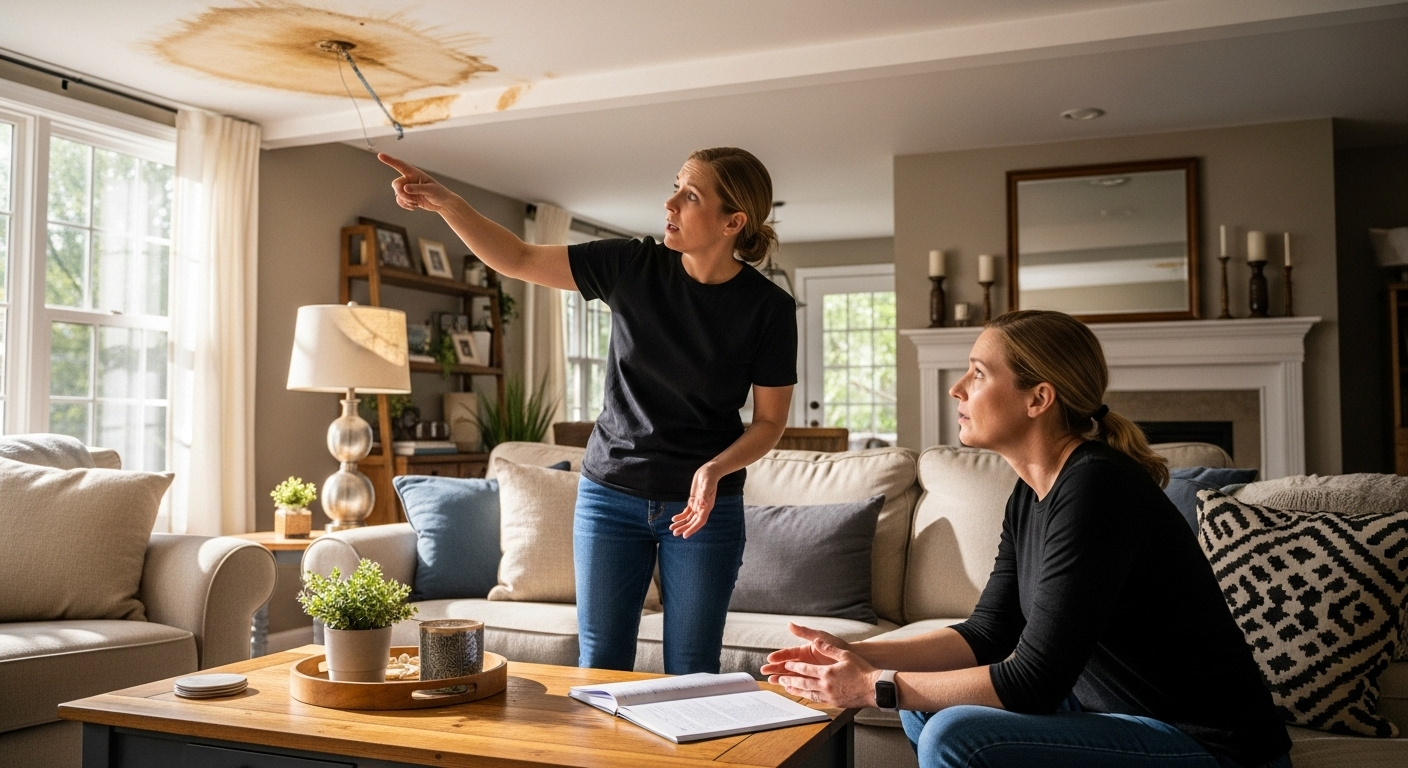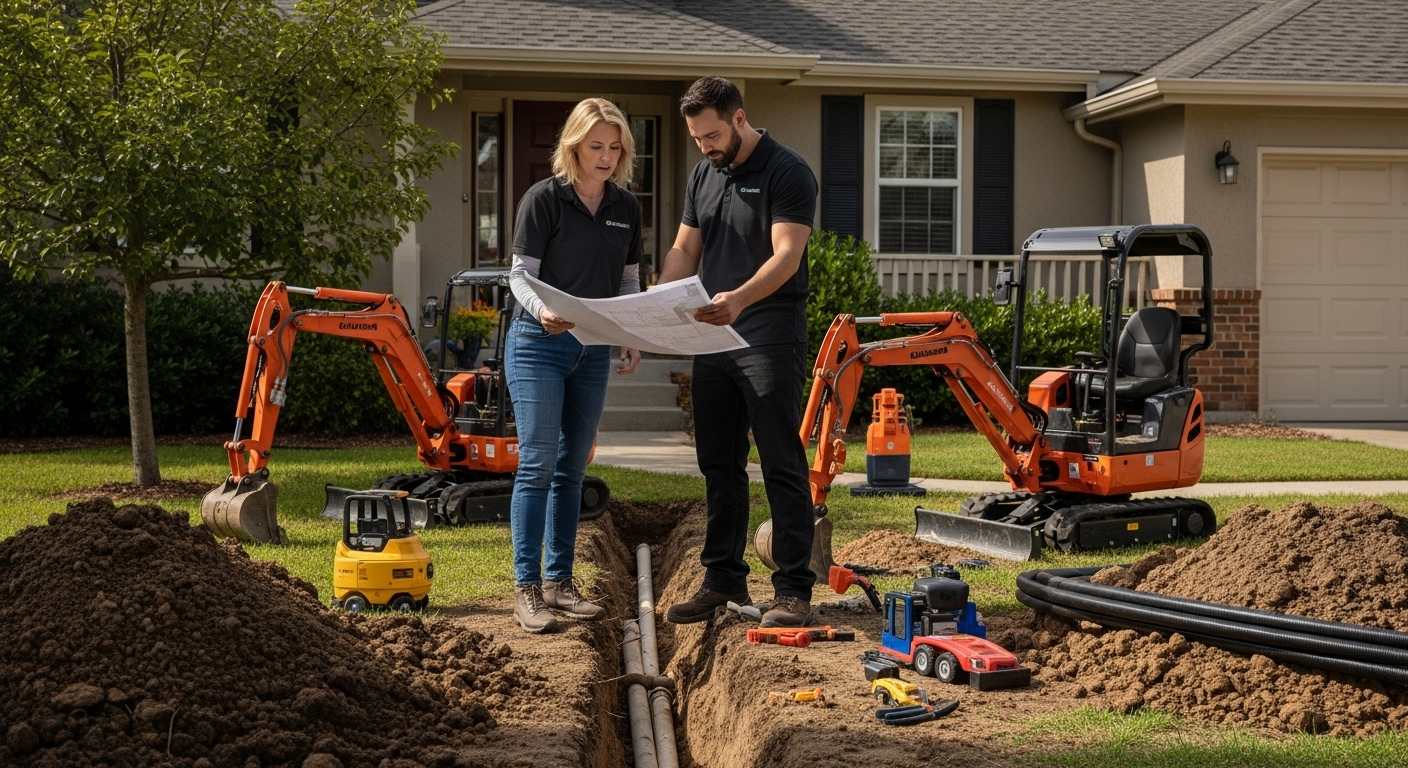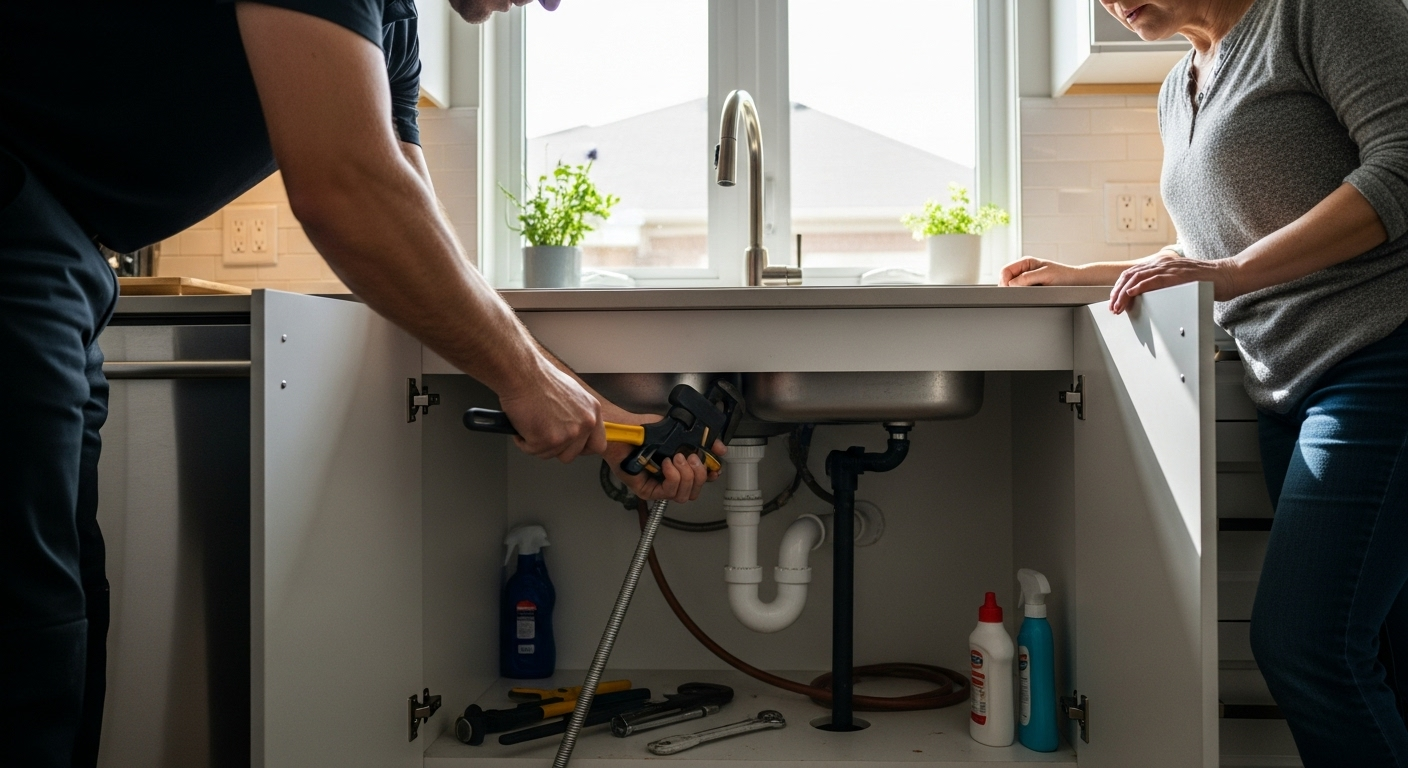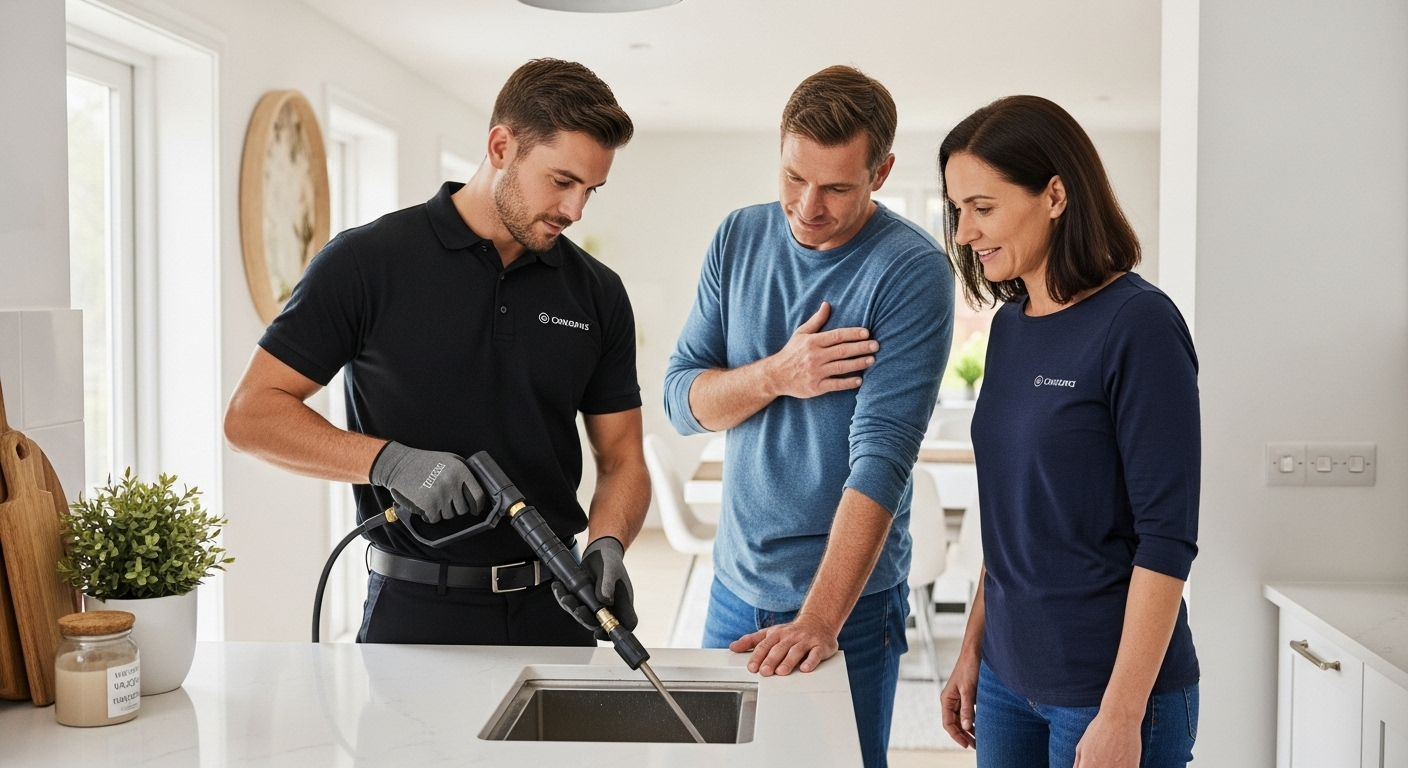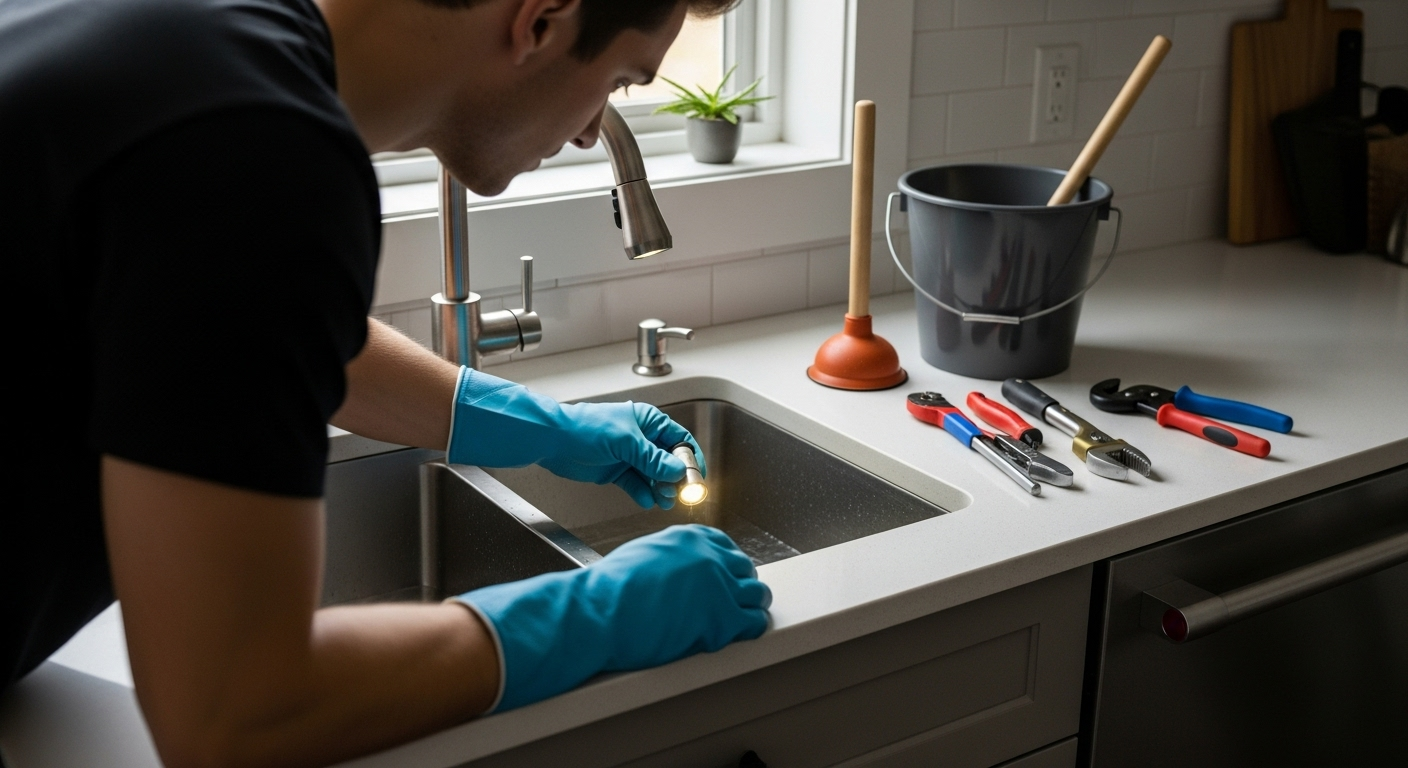How to Deal With Frozen Pipes
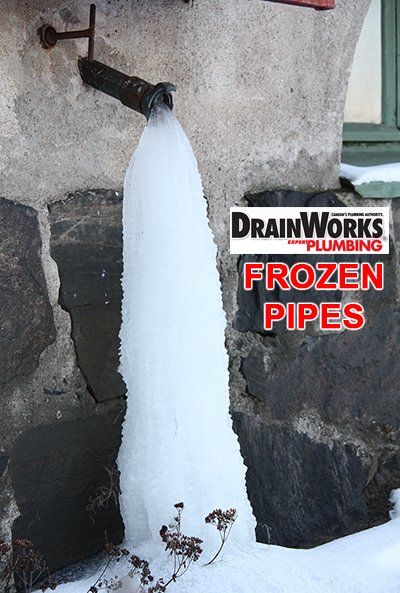
How to Deal With Frozen Pipes:
Living in a city that experiences wintry weather months means frozen pipes in the home are certainly a reality that we all must deal with. It can be quite a nuisance to turn on your taps resulting in a trickle or no water at all. Even worse, if not dealt with in a timely manner, your pipe could burst and then when thawed and flowing again, cause a disastrous leak.
Let’s start with some background information; the most important thing to know is that when water freezes in your pipe it expands and with that expansion potentially exerts enough pressure to split or rupture the pipe significantly by the time it thaws, causing a serious leak and serious water damage as a result. Pipes can freeze for many reasons, not just because the weather is cold outside, but because the pipes inside are exposed to that cold. The pipes could be installed in an inappropriate location or the existing location is lacking insulation. Uninsulated home additions or renovations are major offenders causing frozen pipes. A frozen pipe repair job should be standard for a licensed plumbing professional living in a winter climate.
Things that can proactively be done in your home to minimize the chances of having to experience the headache of frozen pipes.
First, make sure that you’ve properly drained all outside water pipes / hose faucets using their inside shut off valve to bleed out any water remaining in the line. This is called winterizing your hose pipe. If this has not been done or you aren’t quite sure how to do it, your local plumbing company can usually do it for you. It is the first step in getting your home winter ready.
Also look around the home for areas where your water lines may be vulnerable to the cold due to a lack of insulation or heating, such as in basements, attics, garages and crawl spaces. The water lines serving or running through these areas are definitely at risk of freezing and should be insulated to avoid this from happening.
For an economical option, homeowners can wrap towels or pipe insulation around the pipes to provide insulation. For a more permanent solution you could always call a licensed plumber for a consultation on the possibility of rerouting the vulnerable water pipes out of these cold zone areas.
In colder weather, you can open the cabinet doors exposing the bathroom and kitchen pipes to enable the hot air in the home to circulate more freely to these unheated / cold zone areas, thereby reducing the possibility of a freeze.
In instances of a real deep freeze, you can run your fixtures at a very slight trickle as the temperature of the constantly running trickle is above freezing. In the event that your pipes still freeze, quickness is your best defence. Call your local plumber to thaw out your pipe as they are typically armed with several options to ensure that your water flow is restored quickly and relatively easily, plus if the pipe is burst and starts leaking, they can minimize any damage by isolating the pipe or making any necessary repairs.
One of the simplest and safest ways to deal with a frozen pipe on your own is to go at it with a hair dryer. In doing so, make sure that you open the faucet. Another item you can try, is to use a small portable space heater. Please use caution and do not leave heating elements unattended. Do not try to use an open flame on the frozen pipe.
In the event that these methods don’t work, or if successful but a leak presents itself, always remember that you can rely on a licensed plumber to make any repairs or get your water flowing again, leak free!
How To Deal With Frozen Pipes:
Conclusion
We've outlined several different methods for both preventing and dealing with frozen pipes in your home, we hope the information presented in this blog have helped some of our readers either prevent a pipe from freezing, or help them deal with a frozen pipe situation.
Thanks for reading "How to Deal With Frozen Pipes"
The DrainWorks Team



